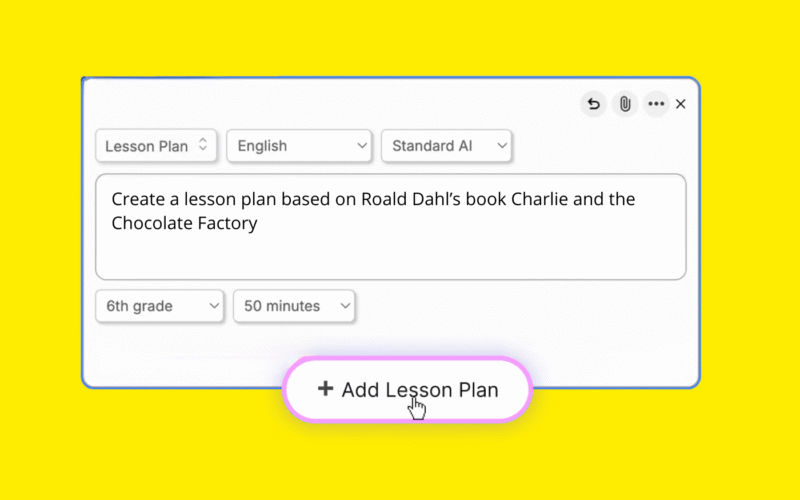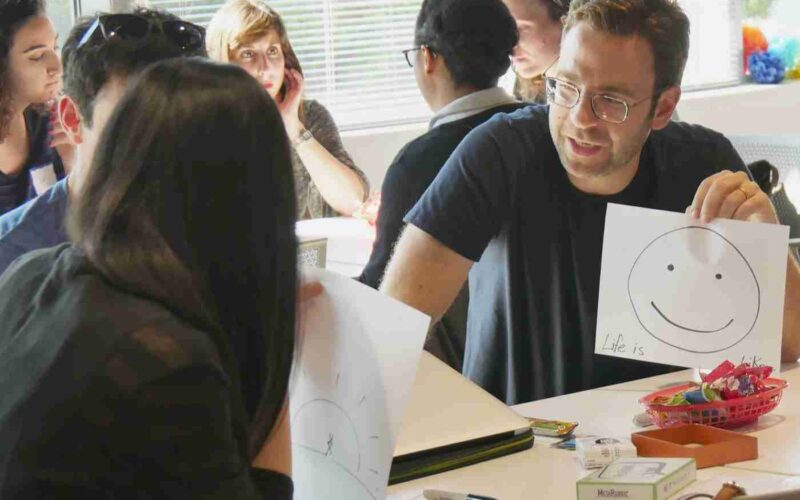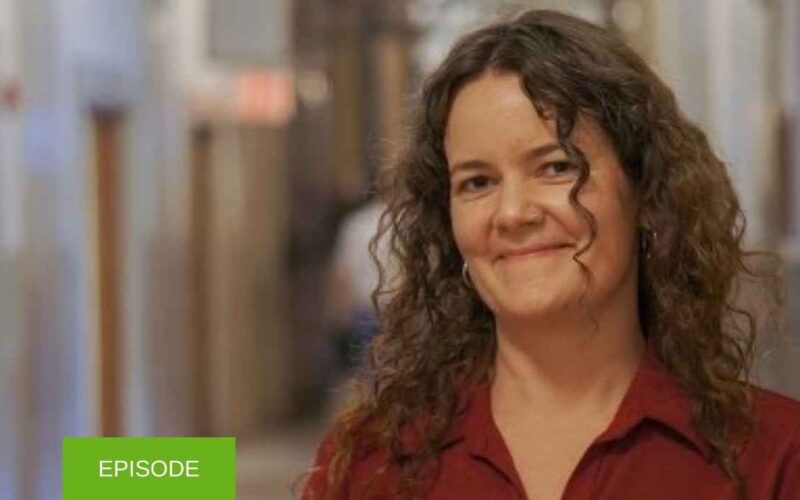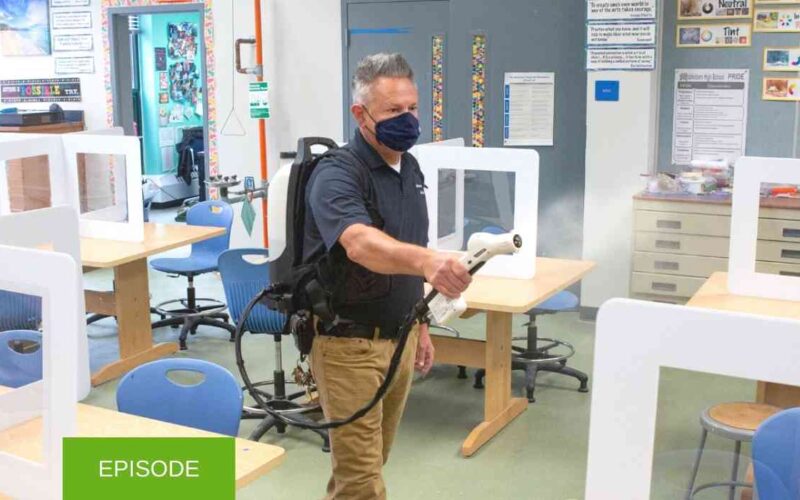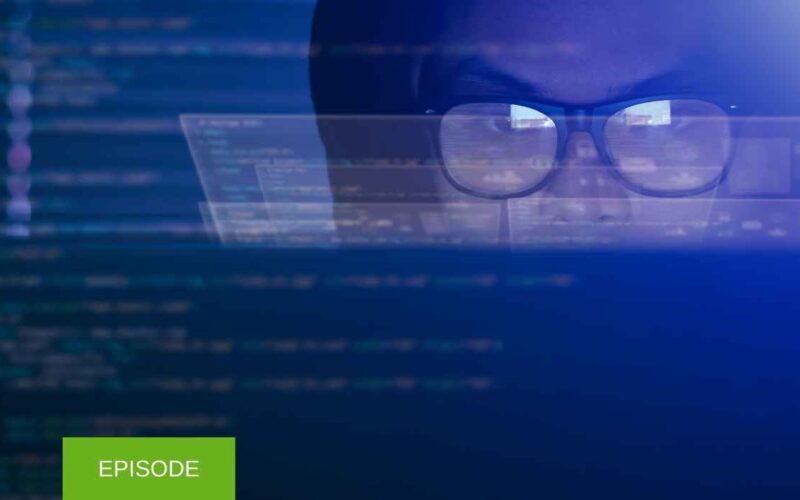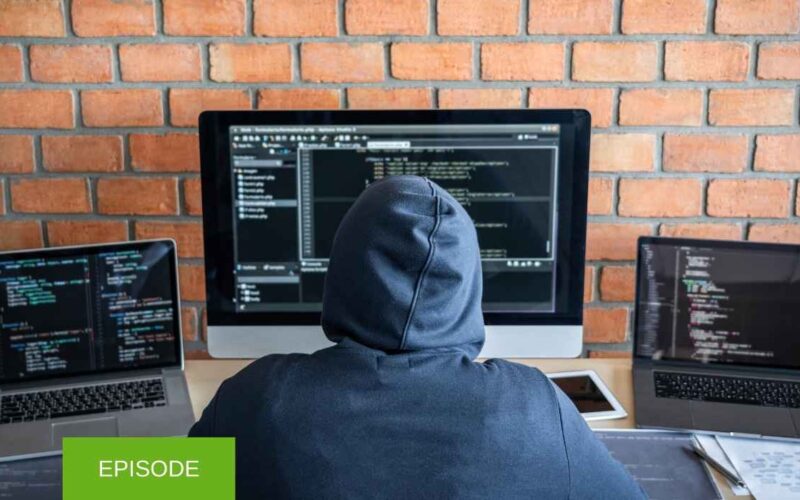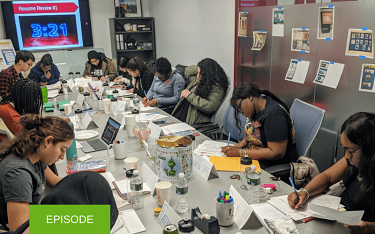Technology and ethics: AI and the classroom
Robbie Torney, director of AI Programs at Common Sense Media, analyzes teachers’ use of AI. We focus on AI teaching assistants, their uses and abuses, and how teachers’ judgment and skills remain central. We discuss the need for school- and district-wide education and policies on using AI in teaching and learning.
Read More
